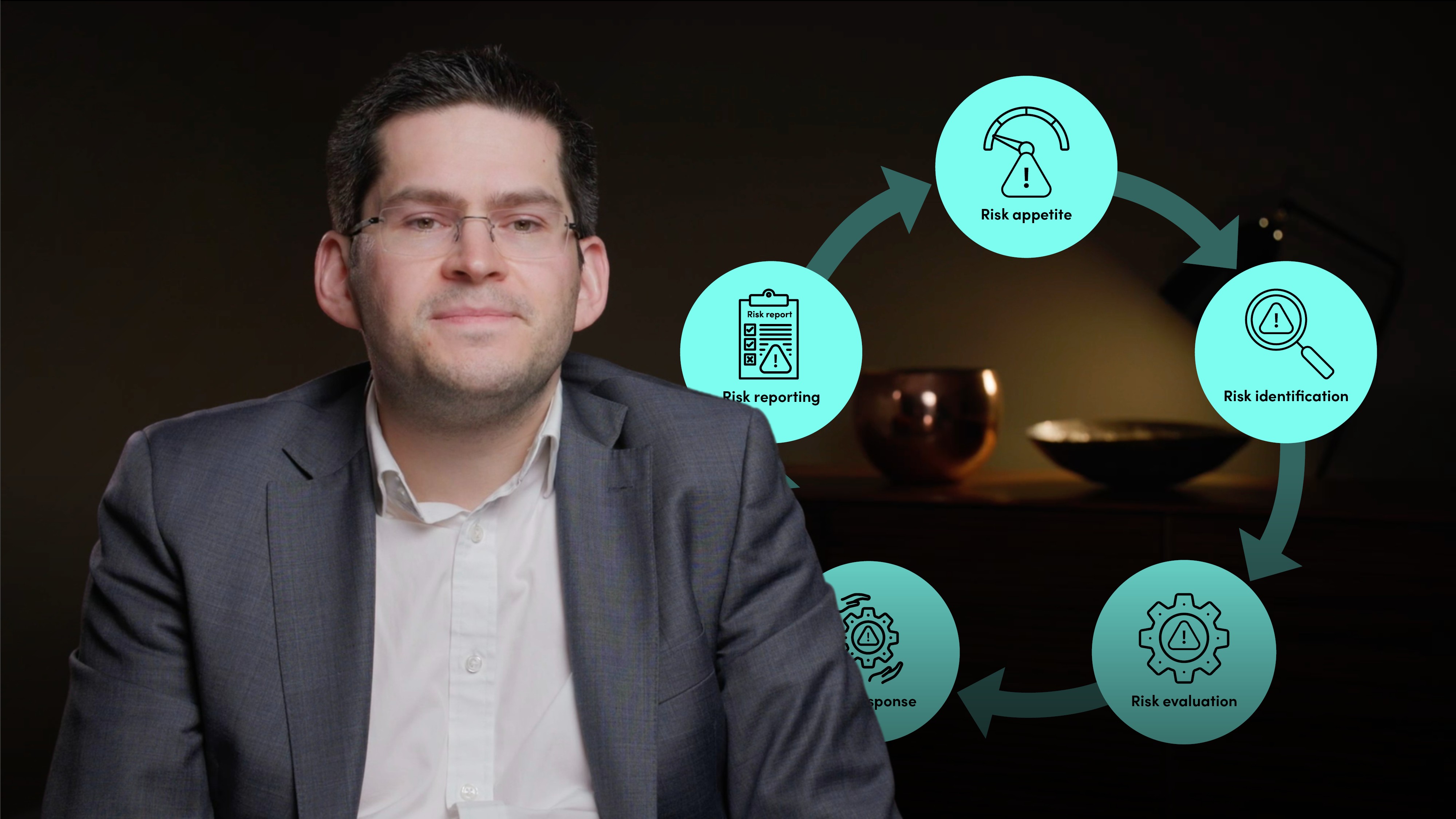
Introduction to Operational Risk

Paul Rosen
Operational Risk
In this first video on operational risk, Paul Rosen helps us understand what operational risk entails, the foundations of operational risk management and then briefly outlines the main stages in the operational risk cycle.
In this first video on operational risk, Paul Rosen helps us understand what operational risk entails, the foundations of operational risk management and then briefly outlines the main stages in the operational risk cycle.

Introduction to Operational Risk
6 mins
Key learning objectives:
Understand what operational risk is
Understand the foundations of operational risk management
Outline the main stages in the operational risk cycle
Overview:
Operational risk management (ORM) involves more than knowing your organisation’s policies or having the wording “risk” in your job profile. It encompasses the ownership and good delivery of integrated risk management. ORM when implemented well and supported by the three lines of defence model (the model for effective risk management and control) can transform operational risk into a competitive advantage.
What is operational risk?
Operational risk is defined as “The risk of loss resulting from inadequate or failed internal processes, people and systems, or from external events”. Good operational risk management (ORM) depends on people and processes and it helps the organisation achieve its goals. Good ORM involves linking across disciplines, breaking down silos and recognising the value of generalists as well as specialists. Good ORM results in risk specialists understanding and integrating into business processes and being part of an overall competitive advantage delivered holistically across the lines of defence.
What is the foundation of good operational risk management?
A key point regarding risk is that we manage risk because we want to take it whilst ensuring that it remains controlled to our appetite. In this context, we manage operational risk to ensure that business processes operate within our tolerance whilst aiming to achieve outcomes. One of the goals of ORM is to ensure the assessed and approved chance of failure remains the same every time. Unexpected outcomes are not advantageous to stable income, share price or regulatory expectations.
Financial institution policies, regulation, structure, individual accountability and other concepts contribute to the success, or not, of that ambition. This can contribute to operational risk management being a competitive advantage.
What are the main stages within operational risk management?
- Risk appetite
- Risk identification
- Risk evaluation
- Risk response
- Reporting risk
In order to achieve success in ORM, we need an integrated approach between different lines of defence to ensure all of these stages.

Paul Rosen
There are no available Videos from "Paul Rosen"

